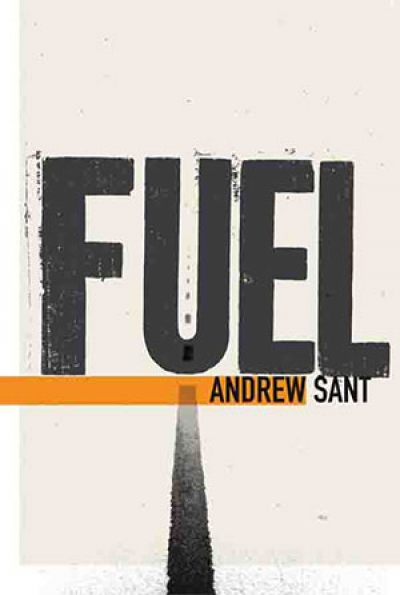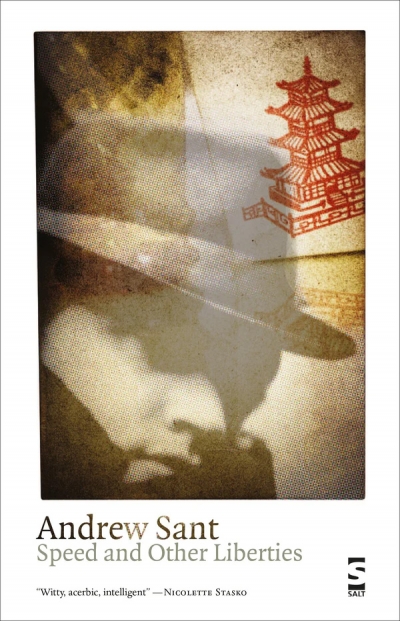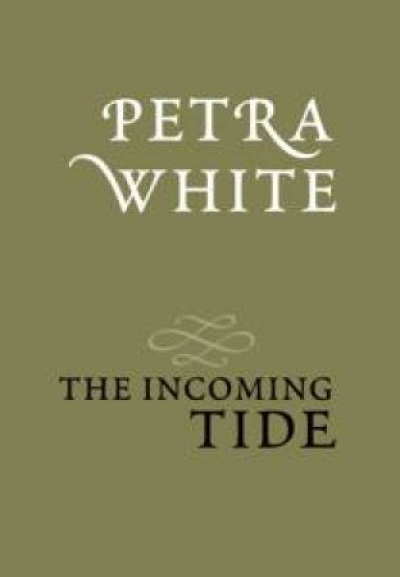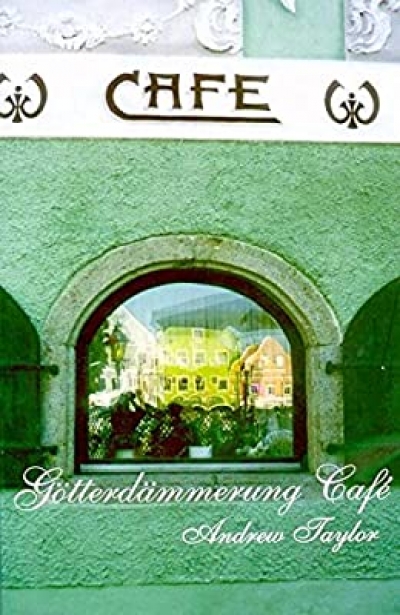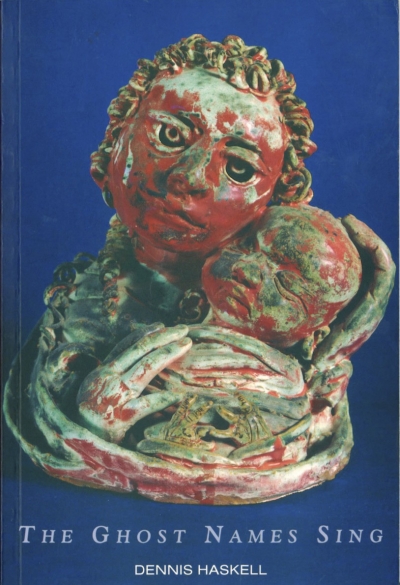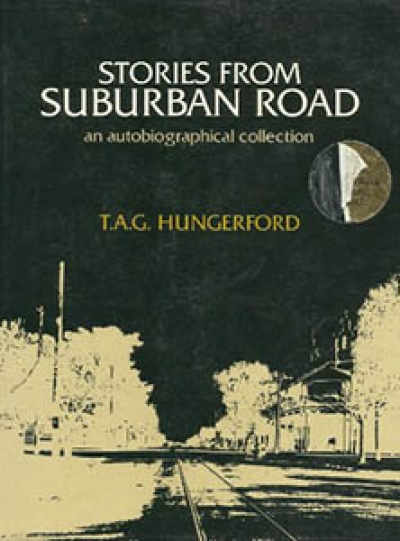Andrew Sant
Götterdämmerung Café by Andrew Taylor & Russian Ink by Andrew Sant
The Ghost Names Sing by Dennis Haskell & Album of Domestic Exiles by Andrew Sant
Would it surprise you to know that a number of our well-known writers write to please themselves? Probably not. If there’s no pleasure, or challenge, or stimulus, the outcome would probably not be worth the effort. If this effort is writing, it seems especially unlikely that someone would engage in the activity without enjoying the chance to be their own audience.
... (read more)Chris Wallace-Crabbe reviews 'Poems for an Exhibition' by R.H. Morrison, 'Outer Charting' by Hal Colebatch, and 'The Flower Industry' by Andrew Sant
The three books under review here promote no generalisation about the condition of poetry, the health of the beast, unless they call to mind the difference between poems which are interesting from line to line and those which somehow resonate as wholes. R.H. Morrison, the eldest of the three poets, is the one who most often produces whole poems, at least to my ear.
... (read more)
